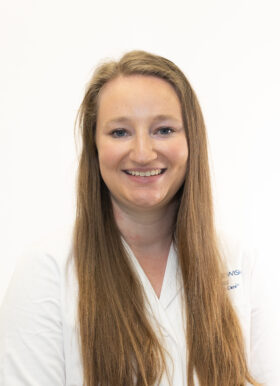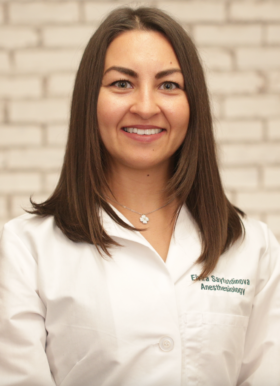Peers in Anesthesiology Supporting a Fair Environment (PIA SAFE) is a peer-based program in the Department of Anesthesiology aimed to help address concerns about negative behaviors, conflicts, and microaggressions experienced by members of the department.
Our department is continually working toward building a positive and safe culture that creates an environment in which everyone can thrive and actualize their potential.
In collaboration with the university-wide SAFE program, our department will further curate content and training to assure our members champion positive culture in all areas.
Read our PIA SAFE Newsletters
PIA SAFE Champions
PIA SAFE Champions are available to provide guidance and counsel for those wishing to speak to someone following a conflict, not to report concerns of mistreatment or unprofessional behavior. To report a concern, please utilize the School of Medicine’s Safe Reporting program.

Ashton Shaffer, MD, PhD
- Email: ashtons@wustl.edu
Johns Hopkins University School of Medicine
* Scholar

Kendall Smith, MD, PhD
Assistant Residency Program Director, Residency Affairs
- Email: smith.s@wustl.edu
Admin; Shirley Vaughn

Sydney Tyler, MD
- Email: sydneytyler@wustl.edu
Medical School: University of Colorado School of Medicine
FAQs
PIA SAFE Champions are individuals who possess the motivation, skills, knowledge, and courage to be a catalyst for cultural change!
- PIA SAFE champions are foremost a resource and ally for colleagues.
- They are here to listen, support, and guide you should you have a concern or need help.
- They are trained in tools and techniques to be an upstander. They are able to constructively intervene and support colleagues who experience or witness bullying, abuse, microaggressions, and other events that erode the psychological safety of our institution.
- They are trained in providing feedback to support the success and continual growth of our team members
- They are educated in the systems and resources offered by the university and department for additional methods of support.
There are three ways to connect with a Champion:
- Contact Erin Herrera, who will assign a Champion to you, or
- Contact a Champion above
- Complete the PIA SAFE Check-in Form
We know everyone is busy, so our goal for PIA SAFE training is to maximize impact for your time commitment. Much of our training, exercises, and outreach can be done on your own time.
PIA SAFE training begins with 10 weeks of short weekly engagement exercises. These only take a few minutes to complete but provide you with skills, education, and exercises to get you thinking.
At the end of the 10 weeks, we will have an in-person retreat where we come together with other PIA SAFE champions to practice skills and learn more about feedback and upstanding
After your retreat, you will receive a monthly newsletter with updates, tips, and further engagement activities, events, and strategies.
Complete the form below if you’re interested in becoming a PIA SAFE Champion!
Join PIA SAFE
Are you interested in joining PIA SAFE to address mistreatment and unprofessional behaviors in the learning environment?
We encourage all who want to champion positive change within our department to become PIA SAFE champions. As a PIA SAFE Champion we will provide you with hands-on, in-person training in the following areas;
- Listening skills & navigating difficult conversations
- Bystander & feedback training
- Recognizing and addressing microaggressions/microinvalidations/ misclassifications and bias
- Recognizing and verbalizing positive behavior to reinforce expectations









